Indigenous voice question flawed, says Colin Barnett
The premier who delivered the largest native title settlement says he fears the upcoming voice referendum may be sunk due to the proposed structure of the question.
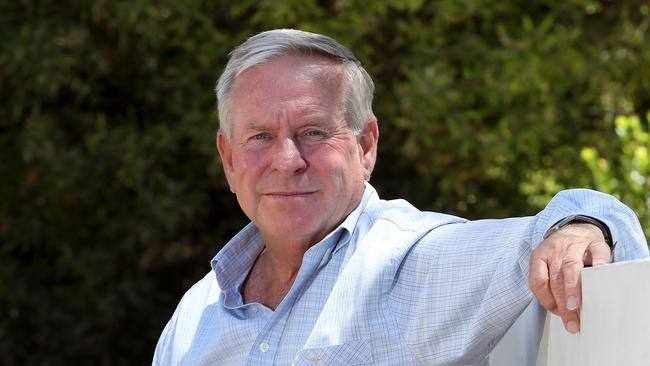
The premier who delivered the largest native title settlement in Australian history says he fears the upcoming voice referendum may be sunk due to the proposed structure of the question.
Colin Barnett, who as premier of Western Australia led the 2015 signing of a $1.3bn settlement between the WA government and the Noongar people of the state’s southwest, told The Australian that the decision to put a single question, rather than two separate questions, to voters would increase the chance of the referendum being defeated.
The draft question flagged by Anthony Albanese last year was “do you support an alteration to the Constitution that establishes an Aboriginal and Torres Strait Islander voice?”.
The referendum is set to be held in the second half of this year.
Mr Barnett, who early in his pre-politics career was responsible for writing surveys for the Australian Bureau of Statistics, said the double-barrelled question flagged by the Prime Minister posed a technical risk to the referendum’s success.
He said the chances of a voice being introduced in some form would be increased if the public were instead asked two questions: firstly, whether they supported an Indigenous voice; and secondly, whether that should be enshrined in the Constitution.
While he believed the Australian public would be broadly supportive of an Indigenous body that provides advice on issues affecting Aboriginal people, having that body enshrined in the Constitution could be a harder sell.
He said he supported the idea of an Indigenous voice but was “far from convinced” that it should be enshrined in the Constitution.
“I think most Australians would support a voice, but there would be great doubts about it going into the Constitution,” Mr Barnett said.
Opponents of a voice, he said, could use the constitutional element to sow doubts about the overall plan and derail the voice referendum.
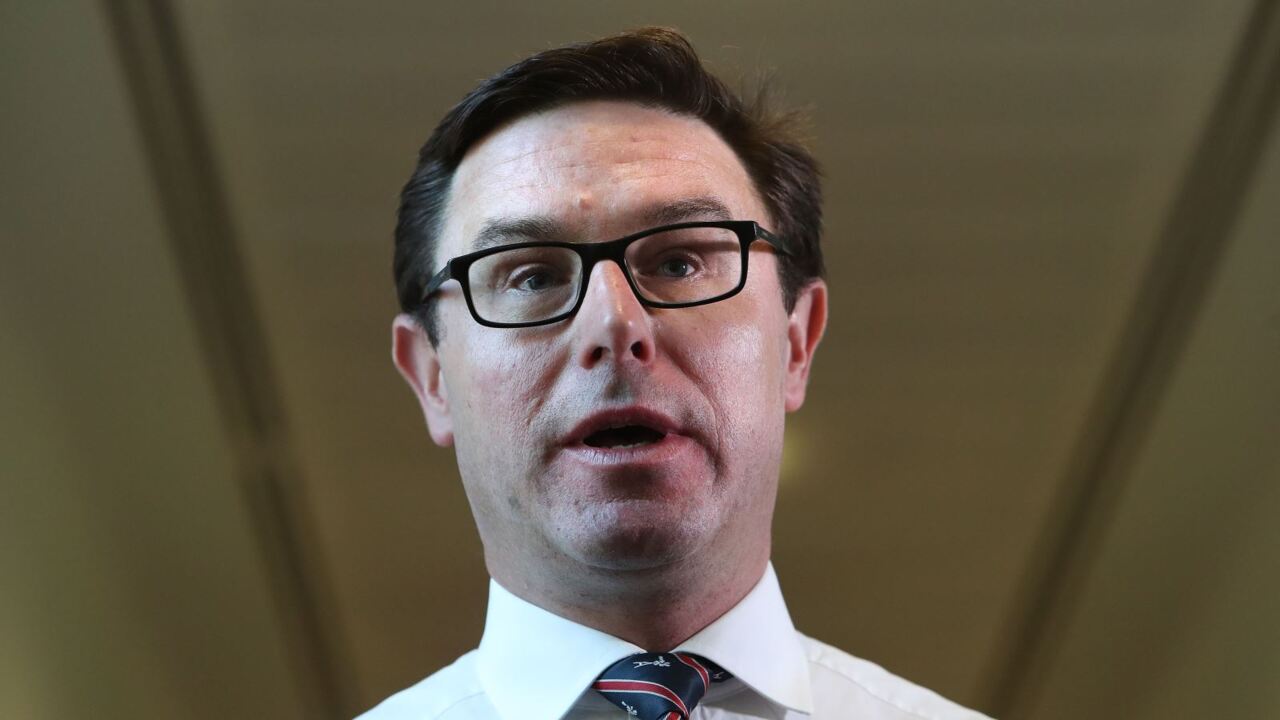
The republic referendum of 1999 had a similarly structured question. Rather than simply asking voters if they supported Australia becoming a republic, the question also asked whether the Queen and governor-general would be replaced by a president appointed by a two-thirds majority of the parliament.
The public’s rejection of that referendum has widely been seen as a response to the proposed model, rather than the concept of becoming a republic.
Mr Barnett said the single question in the form of the question that has been proposed by Mr Albanese was double-barrelled “and therefore is ambiguous”.
“If it is only one question, the whole voice issue could be defeated,” he said.
“If people are unsure, then they are likely to vote no. That is the history.”
Should the referendum fail outright, Mr Barnett, said it would set back Aboriginal Australia by 20 years and would be a huge blow to Indigenous people.
Advocates for a constitutionally enshrined voice believe that the constitutional change is essential to protect the body from being disbanded at a later date.
Whereas the Aboriginal and Torres Strait Islander Commission was abolished in 2004 following alleged corruption within the organisation, a constitutionally enshrined voice would require the parliament of the day to reform, rather than abandon, a voice body if it was found to be not functioning properly.
Mr Albanese’s Special Envoy for Reconciliation, senator Pat Dodson, told The Australian this week that the Yes campaign would launch next month with a “week of action”.
He said the focus of the launch would be on talking directly with Australians about why a voice to parliament enshrined in the Constitution was needed.
“A voice means listening to local communities and local solutions, changing the policies and programs that aren’t working, and improving the lives of Aboriginal and Torres Strait Islander people,” Senator Dodson said.


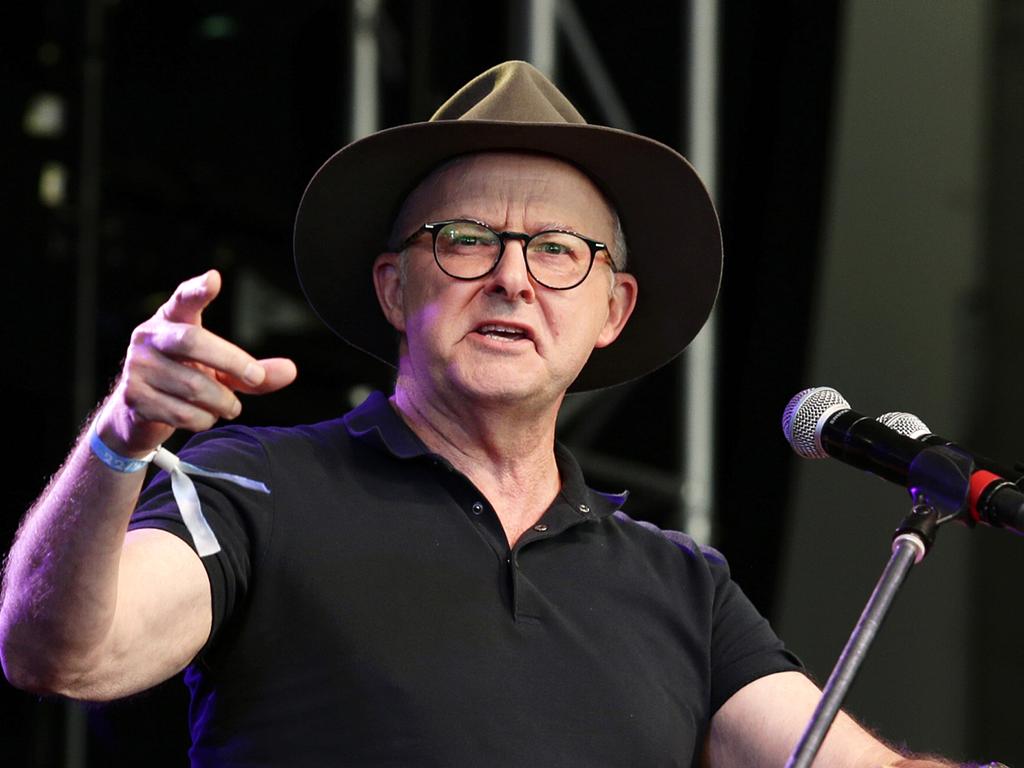
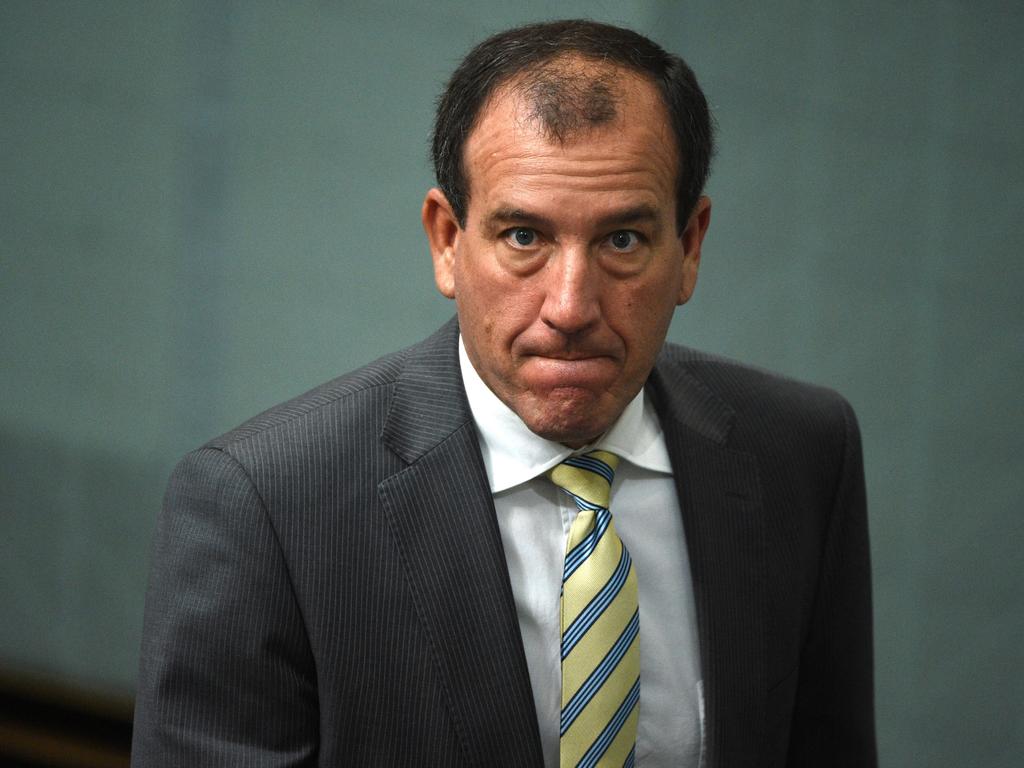
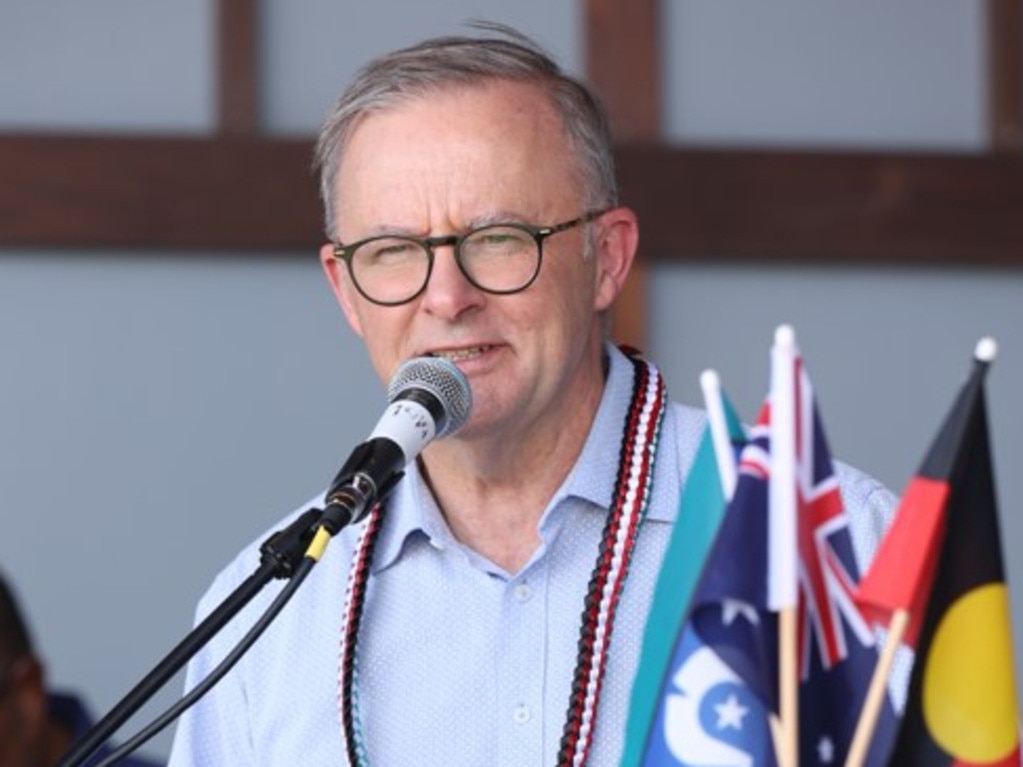
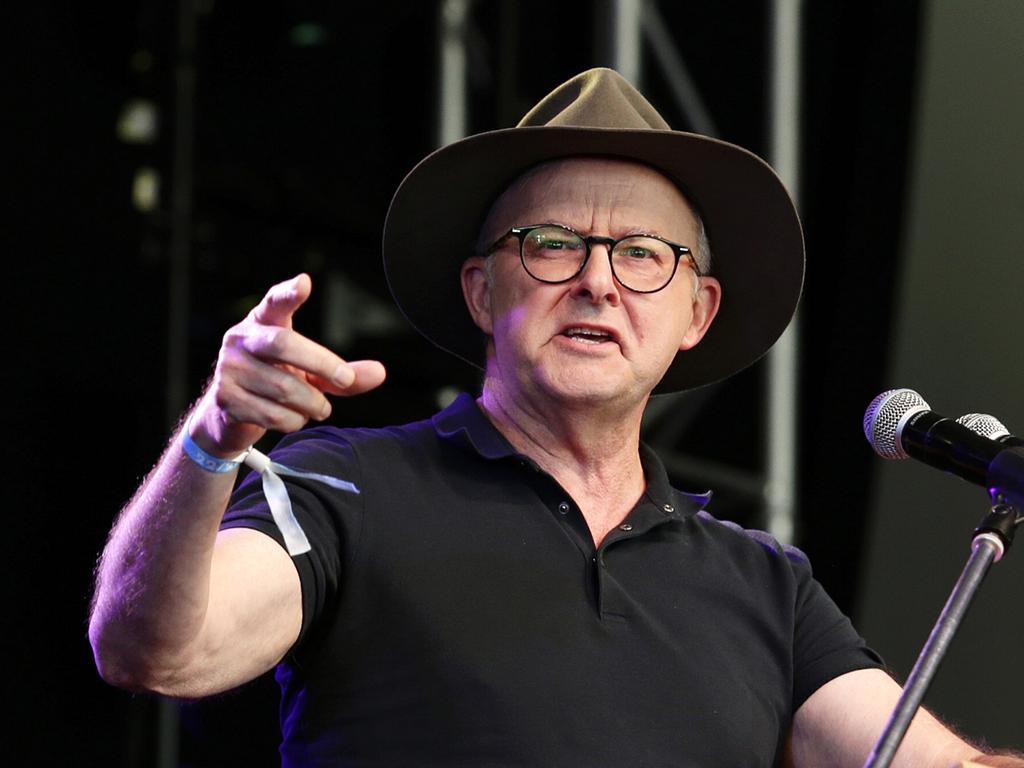


To join the conversation, please log in. Don't have an account? Register
Join the conversation, you are commenting as Logout